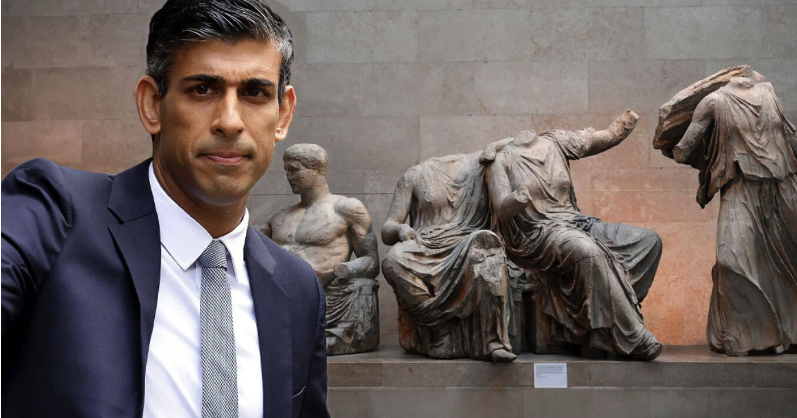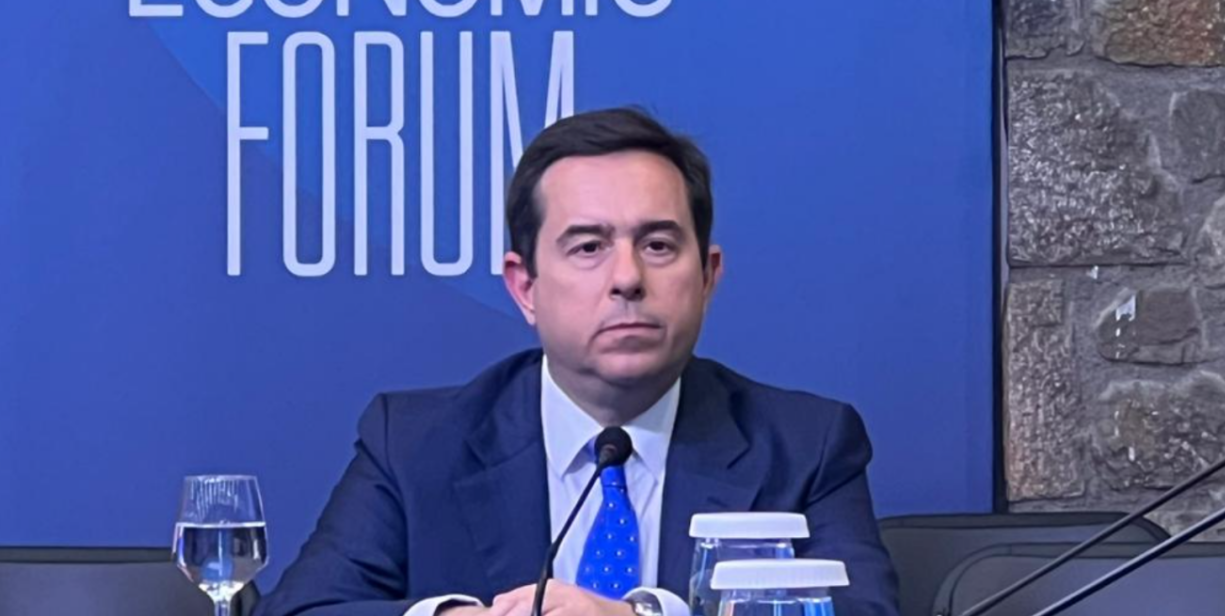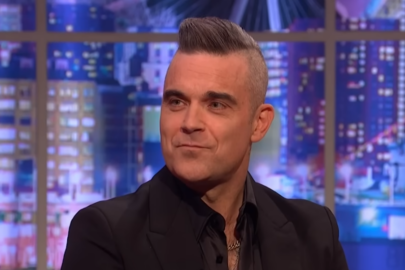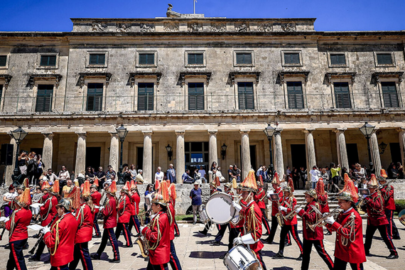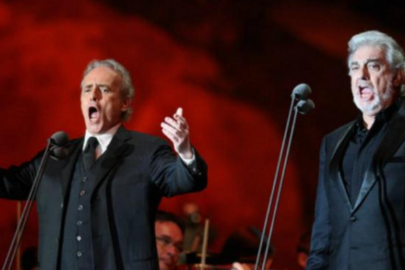In recent years, Prime Minister Rissy Shunak has been engaged in a systematic but at the same time irregular and extra-constitutional attempt to interfere with the independence of Britain’s public cultural institutions by placing persons of his own choosing in the management of major museums and institutions.
He has recently attempted, unsuccessfully and fortunately, to intervene in the process of selecting the new director of the British Museum, with the aim of pulling the strings in all important matters relating to it, especially the issue of the repatriation of the Parthenon Sculptures, to which he has repeatedly expressed his total opposition.
The legislation states that the board of 25 trustees who run the museum is responsible for taking decisions.
In particular, it has asked the British Museum management to propose the names of two candidates for new directors, so that it can make the final choice.
This is, of course, in complete contradiction with the legislation which states that the board of 25 trustees who run the museum is responsible for taking decisions which it then communicates to the Prime Minister in order to obtain his formal approval.
The British Museum’s chairman and former finance minister under David Cameron’s government, George Osborne, flatly refused to accede to this irregular request by Rissy Sunak and the process went ahead lawfully with the selection last month of the former head of the National Gallery, Nicholas Cullinan, as the new director of the country’s largest museum and one of the world’s most famous.
British Museum chairman George Osborne did not bow to pressure from the British prime minister.
Rishi Shunak has been careful, in every way possible, to make his position clear against the repatriation of the Parthenon Sculptures, despite the strong trend of international public opinion which, in recent years in particular, has been in favour of returning the illegally exported cultural treasures to their places of origin.
His concern has, in fact, been heightened following discussions between the Greek government and the British Museum’s management with a view to finding a mutually acceptable solution to this long-standing dispute.
In November last year, he even went so far as to cancel, at the last minute, his scheduled meeting in London with Kyriakos Mitsotakis, expressing in this admittedly inappropriate way his displeasure at the fact that the Greek Prime Minister had publicly expressed, a few hours earlier, our country’s firm position on the issue of the sculptures.
This stance was even criticised by the international media and even by the President of the British Museum himself, who called it a “hysterical reaction” and made it clear that discussions between the two sides would continue regardless of what the British Prime Minister stands for.
A barrage of interventions in museums and galleries
This was not the first time that Rishi Shunak has tried to interfere with his country’s independent cultural institutions.
In 2020 he vetoed the appointment of classicist, Mary Beard to the board of trustees of the British Museum because of her liberal European beliefs.
In this case too, however, the museum’s management appeared unequivocal and gave her the position using the right given by law to appoint five of the 25 total trustees without requiring government approval.
“There is a growing politicisation on the issue of nominations for museum and gallery boards.
Personally, I think that’s a shame because the criteria should be the suitability of the candidates and the contribution they will make,” Mark Jones, the interim director of the British Museum who took over on an interim basis after the revelation of the huge theft scandal that had been going on for a number of years, confirmed to the British press.
negotiations team on the scene.
Mitarachis: Democracy cannot operate in an environment where a citizen does not feel safe
But other museums in Britain have also expressed their concern about the concerted campaign by Rishi Shunak and his ministers to remove persons they do not like from management positions in museums, galleries and cultural institutions and replace them with others who will be under their absolute control.

